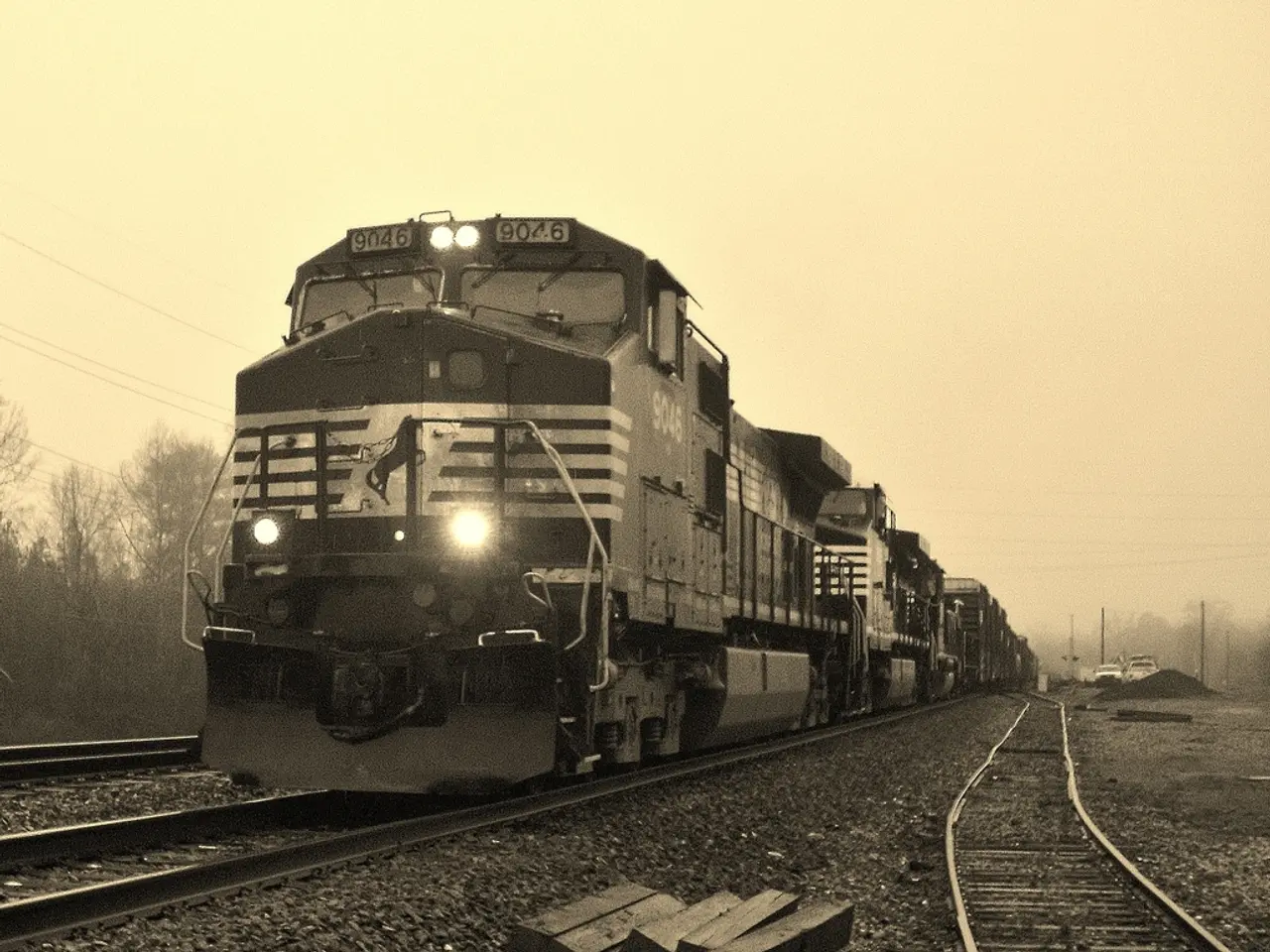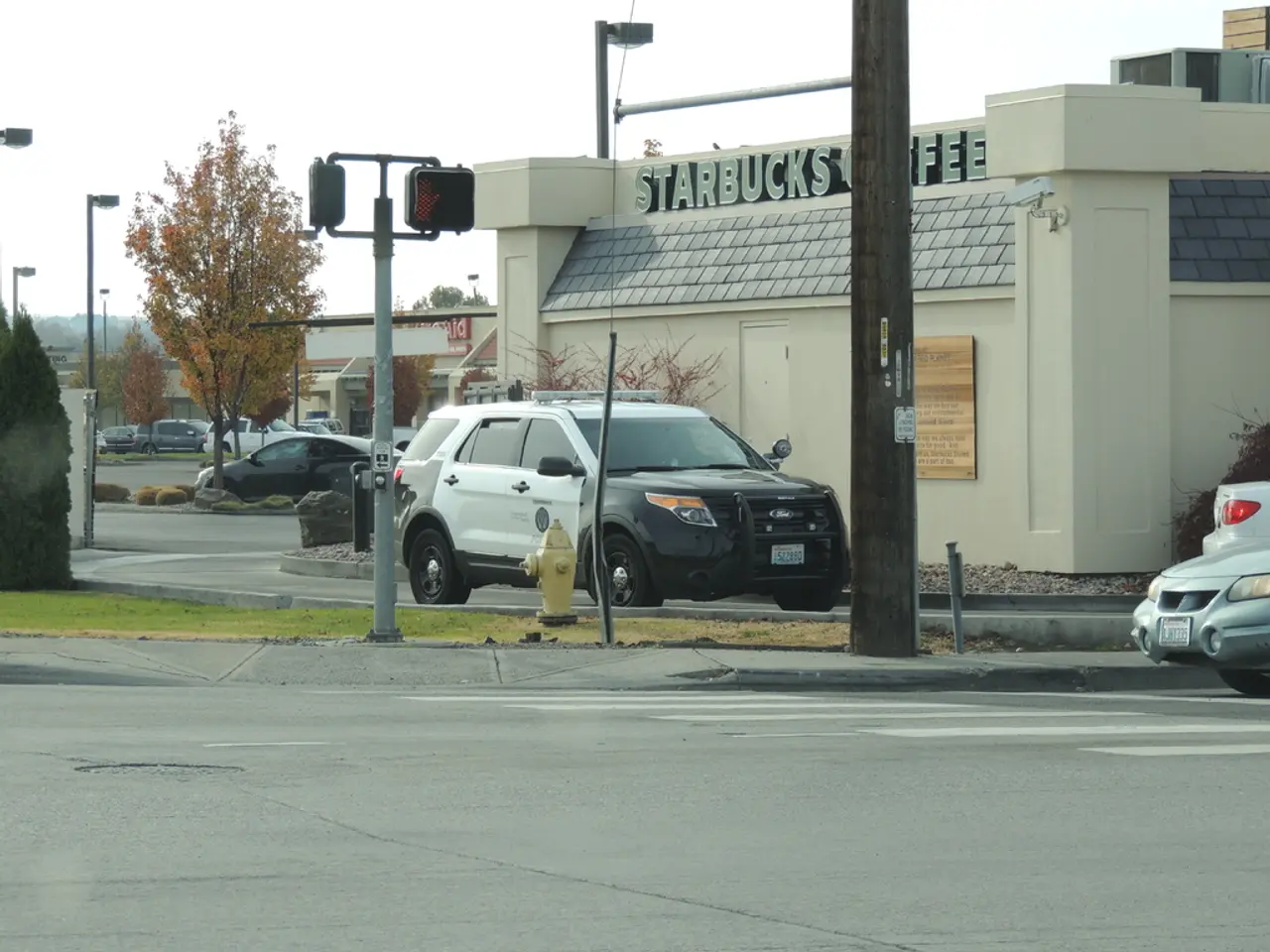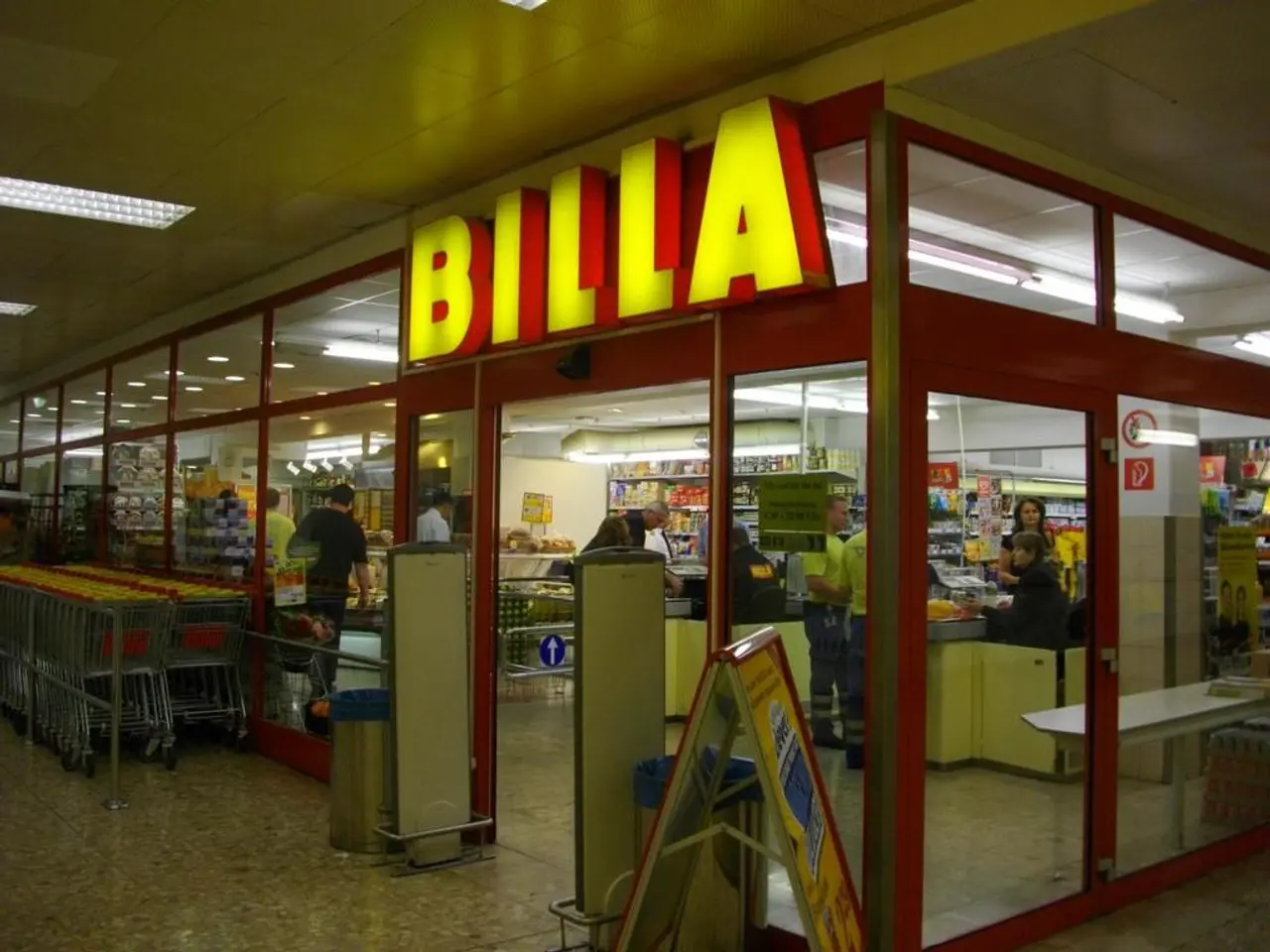Railways to prolong general refurbishment up to 2036
Deutsche Bahn (DB) has announced an extension to its comprehensive rail infrastructure renovation plan, now stretching until 2036. The extended timeline is a response to the urgent need to modernise over 40 heavily trafficked routes across Germany, aiming to address deteriorating infrastructure and frequent delays.
In 2026, several key routes are set for renovation. These include the Hagen-Wuppertal-Cologne corridor, as well as the Nuremberg-Regensburg route. Other projects slated for 2026 include the reopening of the Calw - Weil der Stadt line, the Bentheimer Eisenbahn extension, the reopening of the WLE Münster (Westf) Hbf to Neubeckum line, and the resumption of full passenger services on the Kamp-Lintfort branch.
The delayed reopening of the Calw - Weil der Stadt line is expected to be completed as the Hermann-Hesse-Bahn, while the Bentheimer Eisenbahn line is scheduled to reopen through to Coevorden, Netherlands, by mid or late 2026. Passenger services on the WLE Münster (Westf) Hbf to Neubeckum line are planned to resume as far as Sendenhorst in December 2026, and full passenger services for the Kamp-Lintfort branch are expected in 2026, with an extension beyond the former mine area.
No explicit detailed routes for 2027 were mentioned, but with the overall renovation timeline extended to 2036, further major corridor renovations are expected to continue sequentially beyond 2026, as the federal government finalises the sequence of corridor refurbishments.
The original sequence of projects for 2026 and 2027 remains unchanged, according to DB. However, certain corridors such as Rosenheim-Salzburg, Lehrte-Berlin, Bremerhaven-Bremen, and Fulda-Hanau have been postponed to subsequent years.
The Association Managing Director, Peter Westenberger, stated that the extension of the program offers opportunities to better prepare the projects, including intensive preparation of detour routes. Rail CEO Richard Lutz, on the other hand, sees a billion-dollar funding gap for DB.
Federal Transport Minister Patrick Schneider plans to develop a strategy for the future of the rail system by late summer. The Federal Audit Office, however, has criticised the federal government's handling of the rail system, stating that more money alone will not solve the crisis and that the existing structure needs to be addressed.
In 2027, the corridors Hagen-Wuppertal-Cologne, Nuremberg-Regensburg, Obertraubling-Passau, and Troisdorf-Wiesbaden are expected to be renewed and modernised. The federal government has promised DB additional funds for the renovation of the routes, with investments of 107 billion euros in rail by the year 2029.
DB considers the comprehensive renovation of the most important rail corridors a central concept for the future of rail infrastructure. The new schedule for corridor renovations will apply from 2028 onwards, meaning passengers will have to cope with the dilapidated network and the resulting high delays for a much longer time. However, the extended renovation plan is considered essential to modernise the railway infrastructure, reduce delays, and improve rail transport reliability across Germany.
The federal government has promised Deutsche Bahn (DB) additional funds for the renovation of the routes, with investments of 107 billion euros in rail by the year 2029, which includes the renewal and modernisation of corridors like Hagen-Wuppertal-Cologne, Nuremberg-Regensburg, and others, expected to start in 2027. Despite the extended timeline, Richard Lutz, DB's Rail CEO, sees a billion-dollar funding gap for DB in the finance industry.




